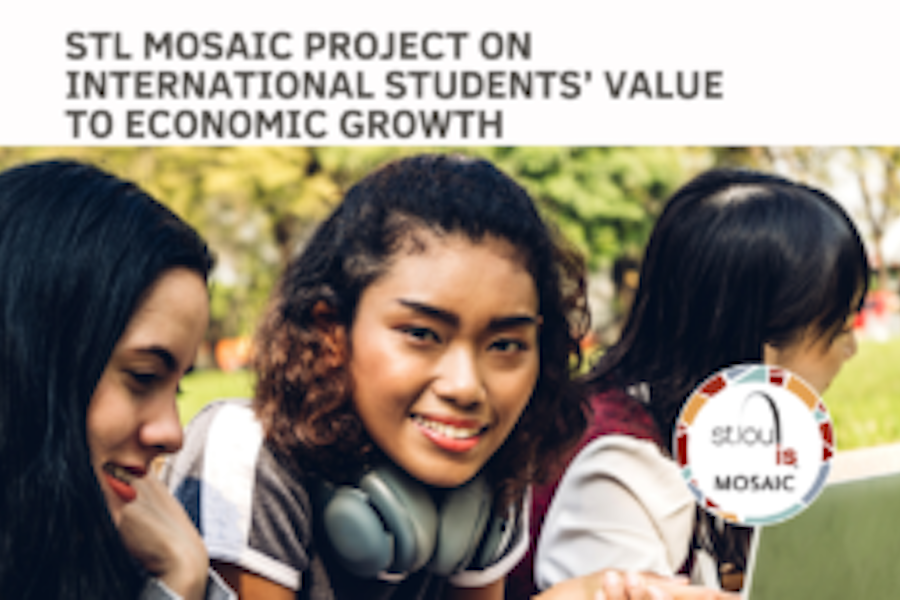International Students Bring $41 Billion to the US Economy

According to NAFSA: Association of International Educators, international students studying at U.S. colleges and universities contribute $41 billion in support and 458,290 jobs to the U.S. economy. For the St. Louis region, international students at Washington University and St. Louis University bring in over $270 million to the local economy and support nearly 4,000 jobs, according to the Association of International Educators and reported by the St. Louis Post-Dispatch.
These revenue streams can continue flowing since the recent U.S. Immigration and Customs Enforcement (ICE) regulation has been overturned. ICE announced in early July that international students in the U.S. on F-1 visas would have to leave the country if they do not take at least one-in-person class this upcoming semester. However, many schools across the nation are only offering online classes to mitigate the risk of their students and personnel getting infected by COVID-19. With the regulation rescinded, international students can continue making the St. Louis region a better place to live.
How International Students Benefit Local Economy
Betsy Cohen, Executive Director of The St. Louis Mosaic Project, said there should be larger investment in foreign-born students as they represent a large number of the future workforce of several local industries.
“Over a third of local international students are in science, technology, engineering and math — or STEM — fields,” said Cohen. “International students represent talents that add to our home-grown talent. A large percent of the international students are in STEM fields, so they are essential to the growing technical needs of the momentum of our new clusters of economic growth-data, engineering, agriculture, IT and scientific discovery. These clusters include Bayer, KWS, Danforth Plant Science Center, Square and Cortex.”
In addition to local revenue and workforce growth, international students contribute culturally to the St. Louis region, making it more attractive to job seekers who are willing to relocate.
“International students contribute to the kind of diverse, multicultural community that we know a growing workforce wants in terms of food, music, arts and perspectives,” Cohen said.
Area university’s are elated that the ICE regulation has been overturned.
